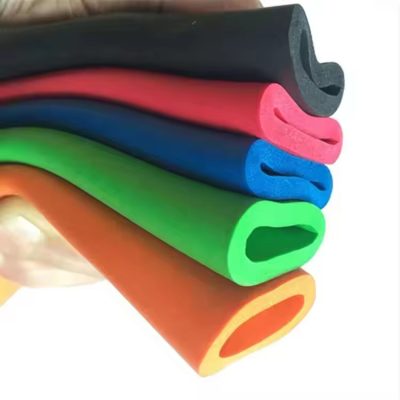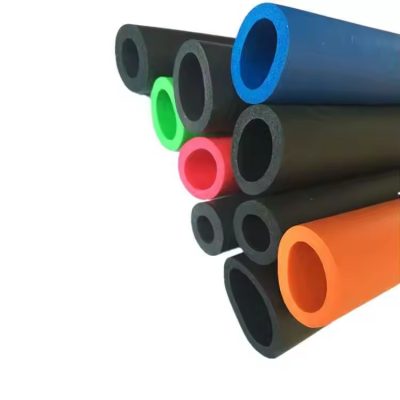In the construction industry, equipment and machinery operate under some of the most demanding conditions. Rubber hoses have become a crucial component in construction applications due to their exceptional strength, reliability, and versatility. They are engineered to meet the rigorous demands of construction environments, ensuring optimal performance and durability.
One of the key advantages of rubber hoses in construction is their ability to withstand high pressures. Construction machinery, such as excavators, bulldozers, and cranes, often requires hoses that can handle substantial hydraulic pressures. Rubber hoses are designed to endure these high pressures without bursting or deforming, ensuring that machinery operates safely and efficiently. This pressure resistance also contributes to the overall reliability of the equipment, reducing the risk of failures that could lead to costly downtime.
Durability is another significant benefit of rubber hoses in construction. The construction site environment is harsh, with exposure to abrasive materials, rough terrain, and heavy impacts. Rubber hoses are engineered to resist abrasion, cuts, and impacts, maintaining their performance even in tough conditions. This durability extends the service life of the hoses and minimizes the need for frequent replacements, which is crucial for maintaining continuous operations.
Flexibility is also an important feature of rubber hoses used in construction. Construction equipment often requires hoses to be routed through tight or complex spaces. The flexibility of rubber hoses allows them to bend and navigate around obstacles without kinking or collapsing. This flexibility facilitates easier installation and routing, improving the overall efficiency of machinery.
Additionally, rubber hoses are designed to handle a wide range of temperatures and environmental conditions. Whether exposed to freezing cold or extreme heat, rubber hoses maintain their flexibility and performance. This temperature resilience ensures that hoses continue to function reliably, even in varying weather conditions commonly encountered on construction sites.








